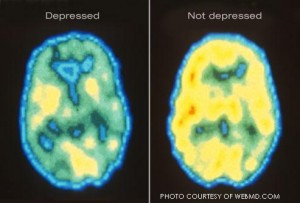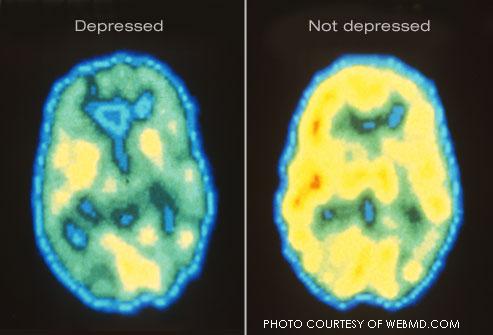How many high school teens today have had a bad day and just wanted to sleep for the whole day? I’m assuming most would answer yes. Now, imagine how it would feel to have those bad thoughts and feelings become oppressive forces draining energy, feeling, joy and desire from life.

That is an objective definition of what a depressed person experiences. Depression is a mental illness, caused or influenced by environmental, genetic predisposition, psychological trauma or serotonin chemical imbalances.
For the millennial generation, depression is becoming an increasingly prevalent problem. Like measuring pain, it is often difficult for those who have not experienced depression to ascertain the severity of the condition and its symptoms.
Research conducted by the Harris Interactive for the American Psychological Association, suggests an upward trend in the diagnosis of depression. “The survey finds that 19% of Millennials have been told they have depression, compared with 14% of Generation Xers (ages 34-47); 12% of Baby Boomers (ages 48-66) and 11% of those ages 67 and older. And more Millennials than other generations have been told they have an anxiety disorder: 12% of the youngest, compared with 8% of Gen X, 7% of Boomers and 4% of the oldest.”
Their research points to stress about work, money and relationships to be the top triggers of depression for millennials.
The economic, social and cultural differences between these decades also contributes to the increased diagnosis of depression.
This is in part due to that information regarding mental illnesses such as depression has become more readily available through the internet.
However, more information does not always equal a more informed society. To admit being depressed, especially for young adults, opens one up to a deeply unfounded stigma.
Those who have not experienced depression stigmatize or belittle the legitimacy of depression because they do not understand it.
While there will always be people who see depression as an undesirable societal taboo, websites forums such as “I Battle Depression” on Experienceproject.com offer a community of support and camaraderie for those of all ages battling depression.

Leave a Reply